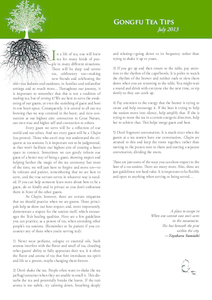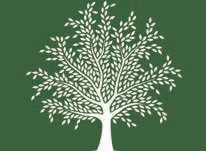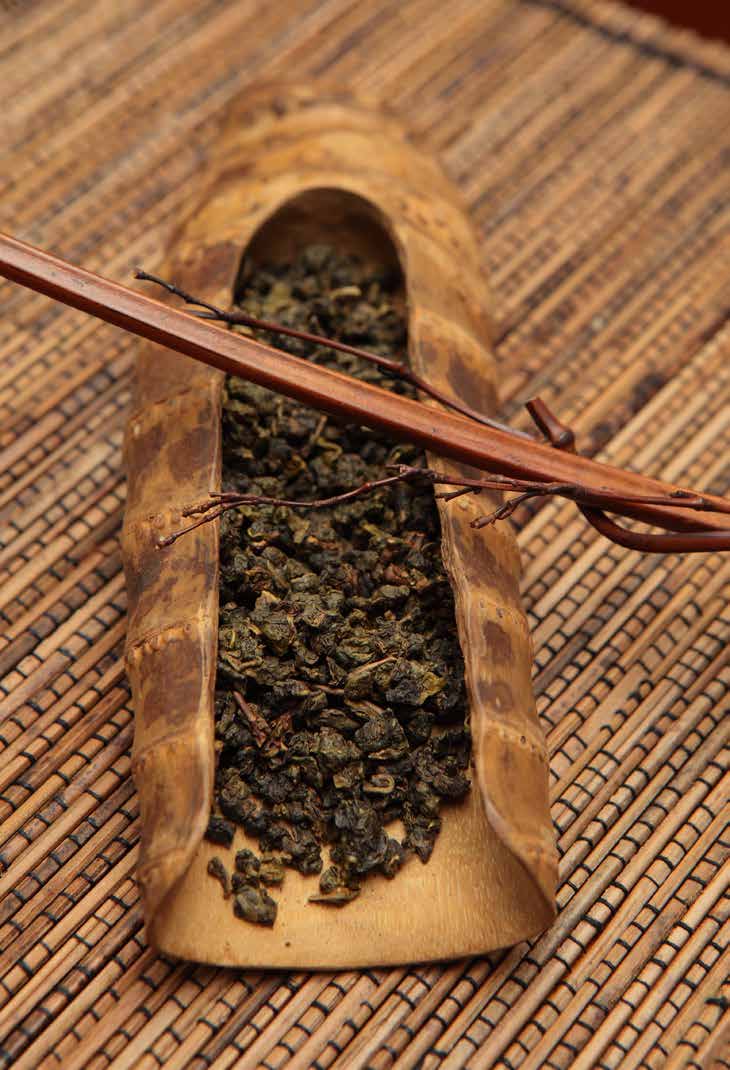
 |
|
In a life of tea, one will brew tea for many kinds of people in many different situations. There will be deep and serene tea, celebratory tea - making new friends and celebrating the old - tea indoors and outdoors, in familiar and unfamiliar settings and so much more... Throughout our journey, it is important to remember that this is not a tradition of making tea, but of serving it! We are here to serve the awakening of our guests, or even the vanishing of guest and host in one heart space. Consequently, it is central to all our tea brewing that we stay centered in the heart, and view connection as our highest aim: connection to Great Nature, our own true and higher self and connection to others.

Every guest we serve will be a reflection of our world and our selves. And not every guest will be a Chajin (tea person). Those who aren't may not understand the etiquette at tea sessions. It is important not to be judgmental, as that won't facilitate our highest aim of creating a heart space to connect. Sometimes we can gently inform our guest of a better way of being a guest, showing respect and helping further the magic of the tea ceremony; but most of the time, we will just have to forgive and move on - to be tolerant and patient, remembering that we are here to serve, and the true servant serves in whatever way is needed. If you can help someone learn more about how to be a guest, do so kindly and in private so you don't embarrass them in front of the other guests.

As Chajin, however, there are certain etiquettes that we should practice when we are guests. These principals help us show our host respect; and, more importantly, demonstrate a respect for the session itself, which encourages the Tea's healing qualities. Here are a few guidelines you can practice, as a person of tea, when attending other people's tea sessions. (Remember to be patient if you encounter any of these when you're serving tea!):
1) Never wear perfume, cologne or essential oils. Such aromas interfere with the flavor and smell of tea, clouding other guests' ability to fully appreciate their tea. It is often the flavor and aroma of tea that first introduces tea spirit and life to a person, maybe changing them forever.
2) Don't shake the tea. People often want to shake the tea jar/bag/container when they are unable to smell it. This disturbs the tea and potentially breaks the leaves. If the tea's aroma is too subtle, try calming down, breathing deeply and relaxing - going down to its frequency rather than trying to shake it up to yours.
3) If you get up and then return to the table, pay attention to the rhythm of the cups/bowls. It is polite to watch the rhythm of the brewer and neither rush or slow them down when you are returning to the table. You might wait a round and drink with everyone else the next time, or sip slowly so they can catch up.
4) Pay attention to the energy that the brewer is trying to create and help encourage it. If the host is trying to help the session move into silence, help amplify that. If she is trying to move the tea in a certain energetic direction, help her to achieve that. This helps merge guest and host.
5) Don't fragment conversation. It is much nicer when the guests at a tea session have one conversation. Chajin are attuned to this and keep the room together, rather than turning to the person next to them and starting a separate conversation, dividing the room.
These are just some of the ways you can show respect to the host of a tea session. There are many more. Also, these are just guidelines; not hard rules. It is important to be flexible and open to anything when serving or being served...
A place to escape to
When one cannot ease one's cares
in the mountains.
The hut beneath the pine
within the city.
